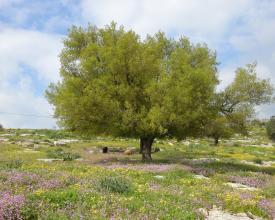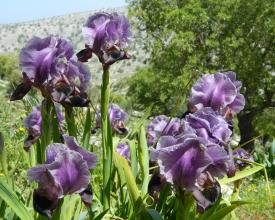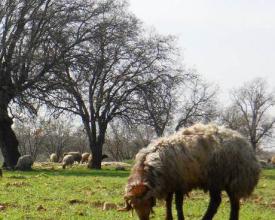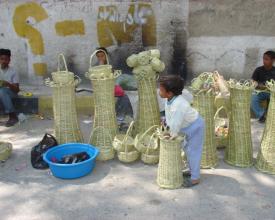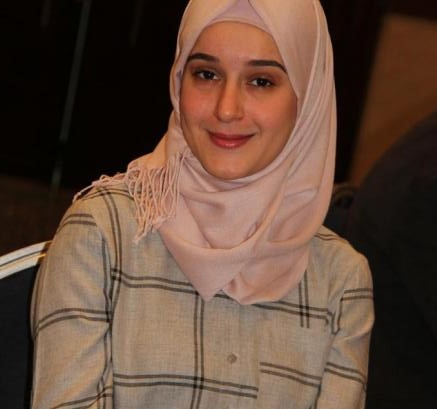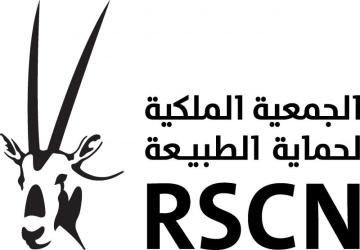
Cogestion des terres de parcours - Réserve forestière d'Al Yarmouk, Jordanie
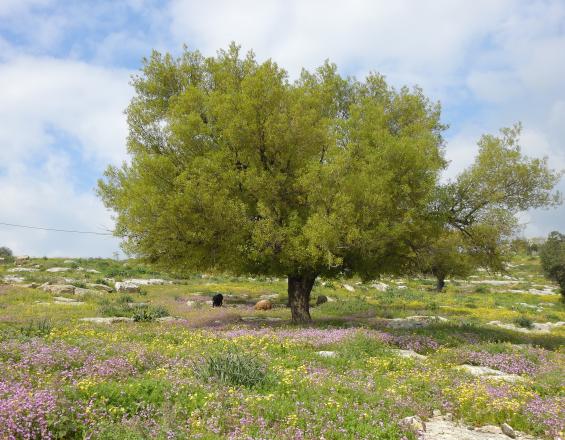
La Société royale pour la conservation de la nature (RSCN) est l'organisation nationale chargée d'établir et de gérer les zones protégées en Jordanie. Créée en 1966, elle gère 10 aires protégées d'une superficie totale de 3 000 km2, ce qui représente 3 % du pays. Le RSCN dirige également le programme national de développement socio-économique des communautés rurales vivant à l'intérieur et autour des aires protégées, en se concentrant sur la gestion durable des ressources et l'écotourisme. D'une superficie de 20 km2, la réserve forestière de Yarmouk (RFY) est située dans le coin nord du Royaume. Elle vise à conserver les forêts relictuelles de chênes à feuilles caduques en Jordanie. La réserve forestière de Yarmouk comprend quatre types de végétation, 450 espèces de plantes et 150 espèces d'animaux, dont une centaine d'oiseaux. En outre, la RFY est d'une grande importance culturelle, notamment la cité archéologique d'Um Qais et le patrimoine vivant des petites villes avec leurs pratiques traditionnelles. Les communautés vivant autour de la RFY sont principalement rurales et dépendent de l'agriculture saisonnière et de l'élevage pour leur subsistance.
Contexte
Défis à relever
Emplacement
Impacts
Ces dernières années, en raison de périodes de sécheresse prolongées et d'une utilisation non durable des terres, la biodiversité et la productivité des terres de la RFY se sont rapidement détériorées. Les principales menaces sont le pâturage excessif et la coupe de bois pour la subsistance et le commerce. En réponse à cette situation, le RSCN a adopté un plan de gestion intégrée pour prendre en compte tous les facteurs influençant l'YFR. Le plan a été élaboré avec la pleine participation des utilisateurs locaux et comprend un plan de zonage participatif qui comprend un programme de pâturage durable à l'intérieur et autour de la réserve. Le programme de gestion des pâturages comprend des éléments sur la protection des pâturages et des alternatives socio-économiques pour les propriétaires de bétail, tous basés sur les connaissances traditionnelles, et mis en œuvre par des mesures de collaboration : 1) une plateforme de gestion collaborative des parcours, 2) un programme de pâturage en rotation comprenant des zones interdites dans les zones critiques pour la biodiversité, 3) un programme d'amélioration de la productivité des troupeaux et des cycles de reproduction, et 4) une unité de production de fourrage alternative et peu coûteuse appartenant à la communauté.
